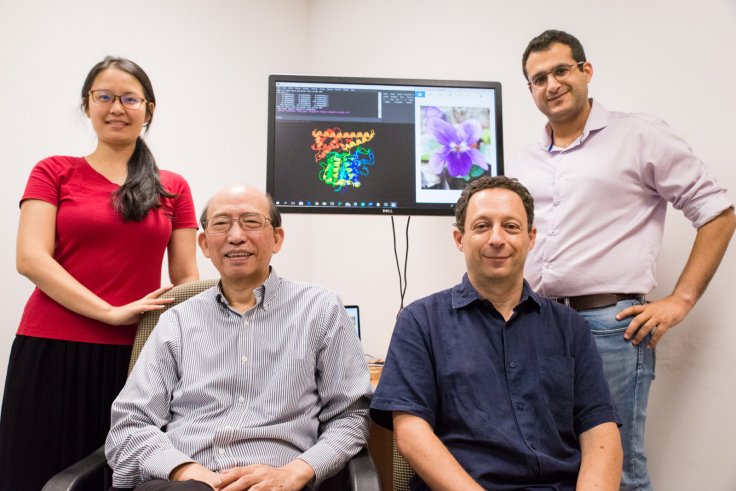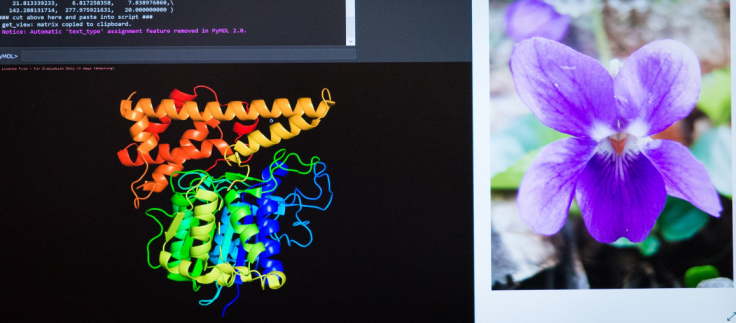
Nanyang Technological University (NTU) scientists have found out how a special class of plant-derived enzymes, known as peptide ligases, helps proteins to quickly bind to each other. As per the new research, the artificially created peptide ligases are a useful tool in biotechnological and biomedical applications such as protein labelling, imaging and tracking proteins in the body.
The scientists have mentioned that such binding is very important in terms of speeding up developing drugs, for example, attaching a chemotherapy drug to an antibody that recognises tumour markers to target cancer cells.
The scientists have also shown that the secret to a peptide ligase's 'superglue' property lies in two regions if the enzyme that makes it capable of attaching itself to other molecules and to alter the rate at which it can work.

Associate Professor Julien Lescar and Professor James Tam of the NTU School of Biological Sciences led the research team to develop a new lab-created peptide ligase-based on genetic information from the Chinese violet, a medicinal plant which has antibiotic and anti-inflammatory properties.
The scientists stated that the peptide ligase may be useful in developing drugs made from components taken from living organisms, as it can overcome the limitations of current methods, such as by-products or toxic molecules that may change a drug's function and effectiveness.
Prof Lescar, who is also based in the NTU Institute of Structural Biology (NISB), stated that the team had used what they have seen and learnt from the nature to engineer a recombinant enzyme in the lab.
"It attaches itself to a specific protein, which then joins to another specific protein or molecule. This new way of doing things could underpin better diagnostic tests or anti-cancer drugs."
As per the NTU scientists, plant-derived peptide ligases are more reliable protein 'superglue' than ligases procured from bacteria, or the use of chemicals to bind proteins together. Prof Lescar also added that these enzymes may carry trace contaminants that could in turn trigger allergies. However, its availability depends on successful growing and harvesting.
Prof Tam, who is also in the NISB, said that the work to create ligases "provides an improved platform for precision biomanufacturing of drugs, diagnostics and biomaterials."

The team, which has received funding from NTUitive, NTU's innovation and enterprise company, are currently working on developing recombinant enzyme into a product, that will eventually be sold at Epitoire, a start-up founded by Assoc Prof Lescar, that sells DNA, RNA and protein reagents for academic and research purposes.
The team is also collaborating with local and overseas medical schools and health institutions to use this artificially created enzyme in diagnostic imaging, such as brain tumour imaging during surgery.
These findings were published in the Proceedings of the National Academy of Sciences of the United States of America (PNAS).









